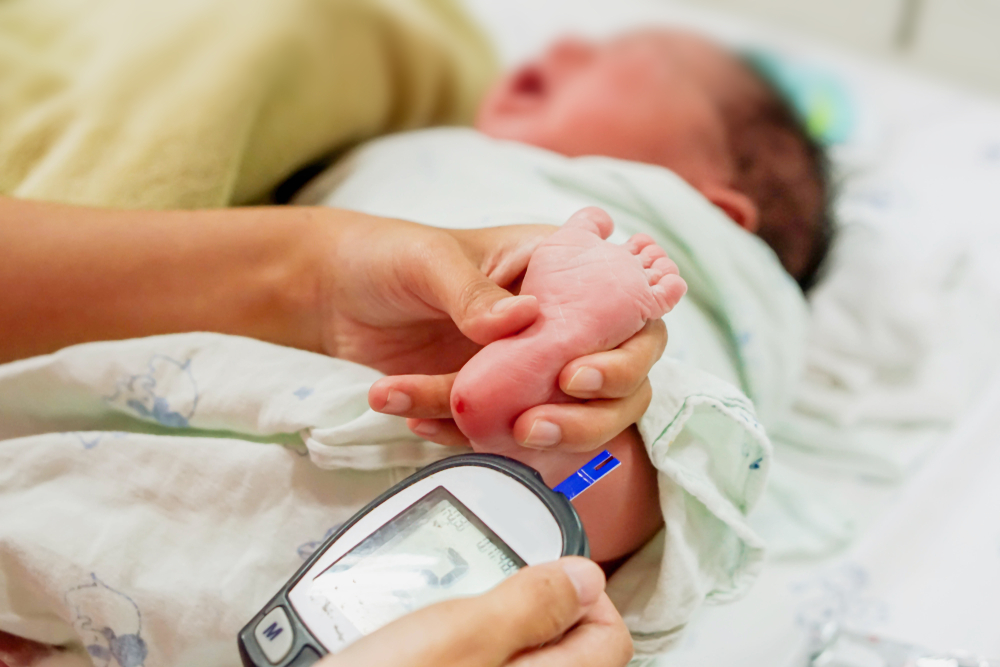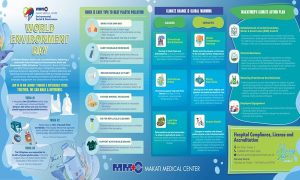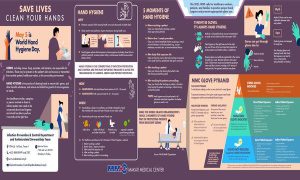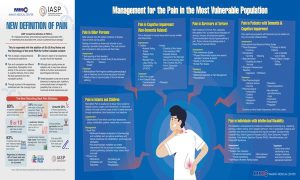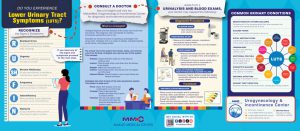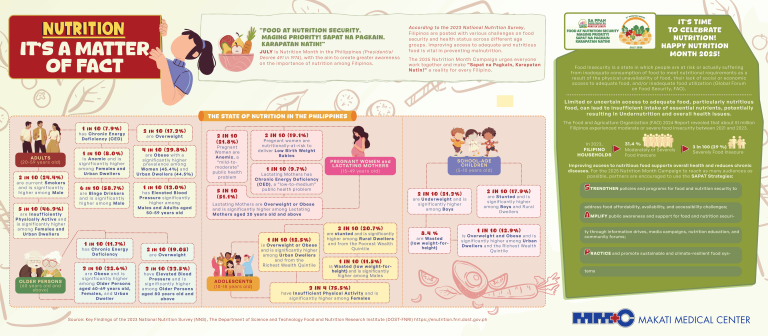Parents put their children’s health and welfare first above all else. Those with newborn babies make sure to follow their doctor’s recommendations on keeping their infants safe and in excellent health. However, there are health conditions that are not apparent at birth or will only show symptoms later.
Thankfully, a medical procedure called newborn screening can help identify serious and rare health conditions in newborn babies, letting parents know about the presence of issues that need to be addressed or treated right away even before symptoms manifest.
What is newborn screening?
Newborn screening refers to a set of special tests, including blood, hearing, and heart screening, done to one- to two-day-old infants, usually before they leave the hospital. This is to check for any serious health disorders that do not show signs at birth. The tests often scan for genetic and metabolic abnormalities, hearing problems, specific heart problems, and other conditions that can hinder their development.
Newborn babies that have health conditions may not exhibit any symptoms at infancy. If left untreated, the baby may develop serious problems. This is why newborn screening is essential as it helps with the early diagnosis of these conditions so babies can begin treatment as soon as possible—before the disease even turns serious or so early interventions can be made.
If a baby is not born in a hospital, parents should talk to their healthcare provider about newborn tests. Moreover, some babies require a repeat test one (1) to two (2) weeks later.
Screening Procedure
The newborn screening process has three parts:
- Blood Test – A blood test, also called a heel stick, checks for rare but serious health problems in newborns. The health professional will prick the baby’s heel to collect a blood sample on a special filter paper, then send this to the laboratory for analysis. This is often read by the time the newborn is around five to seven days old.
- Hearing Test – There are two different tests used to determine if there are hearing issues on the newborn. Both processes are quick, safe, and comfortable, and are often done while the baby is sleeping.
- Auditory Brain Stem Response (ABR) Test. This is used to assess the auditory brain stem and the brain’s response to sound. Like the OAE test, a miniature earphone is inserted in the ear to play sounds. If the newborn’s brain does not respond to the sounds consistently, it may indicate a hearing problem.
- Otoacoustic Emissions (OAE) Test. This test helps diagnose if certain parts of the infant’s ear respond to sound. A tiny earphone and a microphone are carefully inserted in the ear, and sounds are played. If there is no echo reflected in the ear canal (measured by the microphone), it can imply hearing loss.
- Pulse Oximetry Test – This non-invasive test measures how much oxygen is in an infant’s blood. Babies with heart issues may show low blood oxygen levels. A pulse oximeter machine is used for the test, which utilizes a harmless sensor placed on the baby’s skin. The pulse oximetry test can also determine if an infant has Critical Congenital Heart Disease (CCHD).
Common Screening Tests for Newborns
Early diagnosis, treatment, and management are the primary newborn screening benefits. If newborns are not screened early on, they may suffer tragic consequences, including brain damage, developmental and physiological delays, breathing problems, and even death. Below are the common screening tests for newborns, including some of the health conditions that they can detect:
- Metabolic issues: Newborns with organic acid metabolism disorders find it hard to digest food correctly. Failure to get babies screened for this may cause developmental delay, breathing problems, and neurological damage. Some of the common organic acids that build up in their body include:
- Hormone issues: These pertain to the glands that produce hormones. Disorders occur when the glands either make too much or not enough hormones. These issues can cause growth and developmental problems if not detected and treated within two (2) weeks of birth. Endocrine issues that may be detected by a newborn screening include:
- Hemoglobin issues: These disorders affect the red blood cells responsible for carrying oxygen to the entire body. Some of the hemoglobin-related issues screened are:
- Other issues: Newborn screening can also detect rare but serious medical conditions, such as the following:
Newborn Screening: An Essential and Preventive Step for Infants
Generally, babies with possibly severe health conditions look normal at first. Therefore, parents must have their babies undergo newborn screening to be aware of such conditions as early as possible. Early diagnosis and prompt management may prevent life-threatening problems and help with their normal development.
You can talk to your OB-GYN or pediatrician about this before giving birth to prepare you ahead and understand how important this procedure is. You can also reach out to Makati Medical Center for more information on newborn screening and newborn services.

